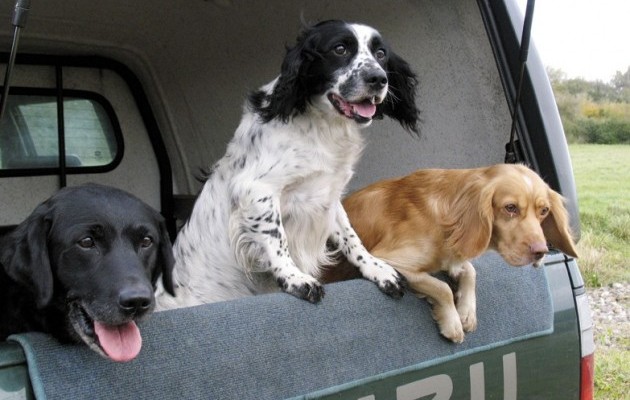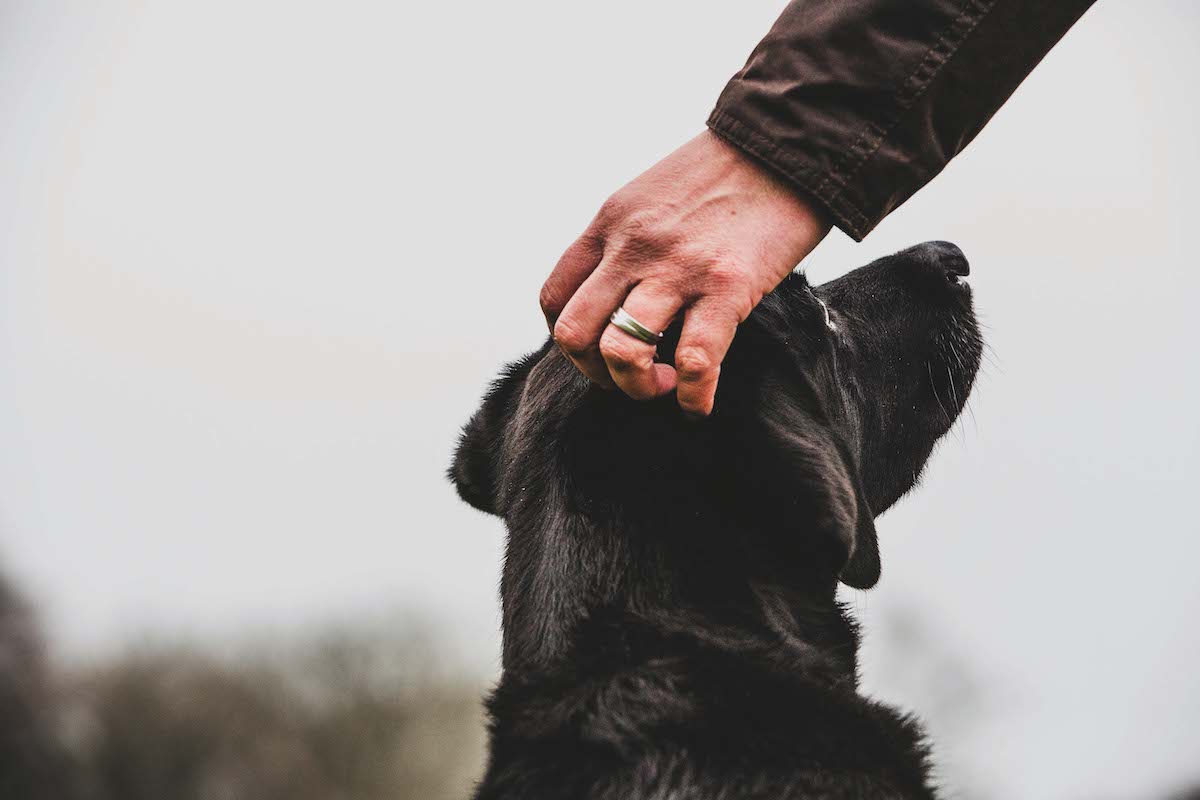Blood transfusions for gun dogs?

“She was literally dying before our eyes,” Peter recalls. “It was a real emergency.”
Peter and his wife, Bambi, rushed their gun dog Popsy to the local veterinary surgery, at Sileby, just outside Loughborough.
The vet, Connor Hassett, decided immediately on exploratory surgery. He found Popsy was bleeding internally following a rupture of the spleen, which he had to remove.
Blood loss had also left the cocker spaniel critically anaemic and urgently in need of a blood transfusion.
It was her good fortune that the practice was among the first to store canine blood provided by Pet Blood Bank UK (PBBuk), a charitable initiative that just happens to be based in Loughborough.
New legislation in October 2005 made it possible to apply for a licence to bank pet blood products, and PBBuk was the first off the mark last March. Previously, vets had to have a dog donor ready and waiting to give blood there and then – and that was often hard to organise in an emergency like the one involving Popsy.
“I think it’s quite likely she would not have survived without being given the blood,” Connor Hassett says. “The blood bank is particularly suitable for emergencies of this type.”
But Popsy’s troubles did not end there. When the results of tests on her spleen came back from the lab, there was more bad news. She had lymphoma, a cancer of the lymph glands that affects the production of blood cells.
Once again medical science came to the rescue, this time in the form of chemotherapy. A ten-week course of powerful anti-cancer drugs administered by injection and as tablets. For the second time Popsy was lucky.
Lymphoma is more amenable to chemo than other cancers and she pulled through. Since then she has never looked back and is out again this season, retrieving for Peter as keenly as ever.
Above: Sally and Danni, who have just given blood for PBBuk. The donor dogs are given red bandanas to show they’ve given blood.
Everyone knows there is no NHS for dogs, and Popsy’s narrow escape from death caught the Hornbuckles without health insurance for their gundog.
According to Peter, the bill for treatment would be enough to buy a decent shotgun – but he doesn’t begrudge Popsy a penny of it.
“I suppose a lot of people wouldn’t have done it, but I love the dog to bits,” he says. “We’d gone so far down the road, we couldn’t turn around and say we’re not doing any more.”
Many gundog owners will know how he feels – but others might have had second thoughts. After all, if blood transfusions and chemo are fine for dogs, what about long-term medication such as antidepressants?
And how about kidney transplants for cats – or sophisticated stem cell treatment for tendon damage in racehorses?
The answer from Craig Hunt, another vet who helped treat Popsy, is that costs are an issue for the individual owner to decide. Vets tend to concentrate on the welfare of the animal: “The main thing is whether an animal suffers as a result of what you’re doing and whether that amount of suffering justifies the end,” he says. “You can justify a week of suffering if the animal is going to live for six years… We can tell them (the owners) what we can do, and then it’s up to them as to how far they want to go.”
As far as blood transfusions are concerned, the response from vets and pet owners leaves little room for doubt. Within six months of starting up, PBBuk had 170 donors on their books and were supplying about 50 veterinary practices. Wendy Barnett, the blood bank’s executive director, says the aim is to help save the lives of dogs across the whole country: “One donation can help to save as many as four dogs and virtually all larger types of dog can donate,” she says.
Dogs that give blood should be healthy, reasonably well-behaved, between one and eight years old and preferably more than 25kg (55lb) in weight. Working dogs such as Labradors, pointers, setters and larger spaniels are said to make good donors.
According to Wendy Barnett, dogs can give blood three to four times a year, donating up to 450ml (3/4 pint) each session depending on their weight.
The blood bank tests for just two blood groups, DEA 1.1 positive and DEA 1.1 negative. The former can be used only for dogs with a positive blood group, the latter for all dogs.
Blood is ‘spun down’ in a centrifuge into two components, packed red blood cells and plasma. As with the treatment of human patients, canine blood products are used not just in emergencies but for treating chronic conditions such as haemophilia.
For more information on letting your dog give blood, visit www.petbloodbankuk.org or call PPBuk on 01509 232222.








